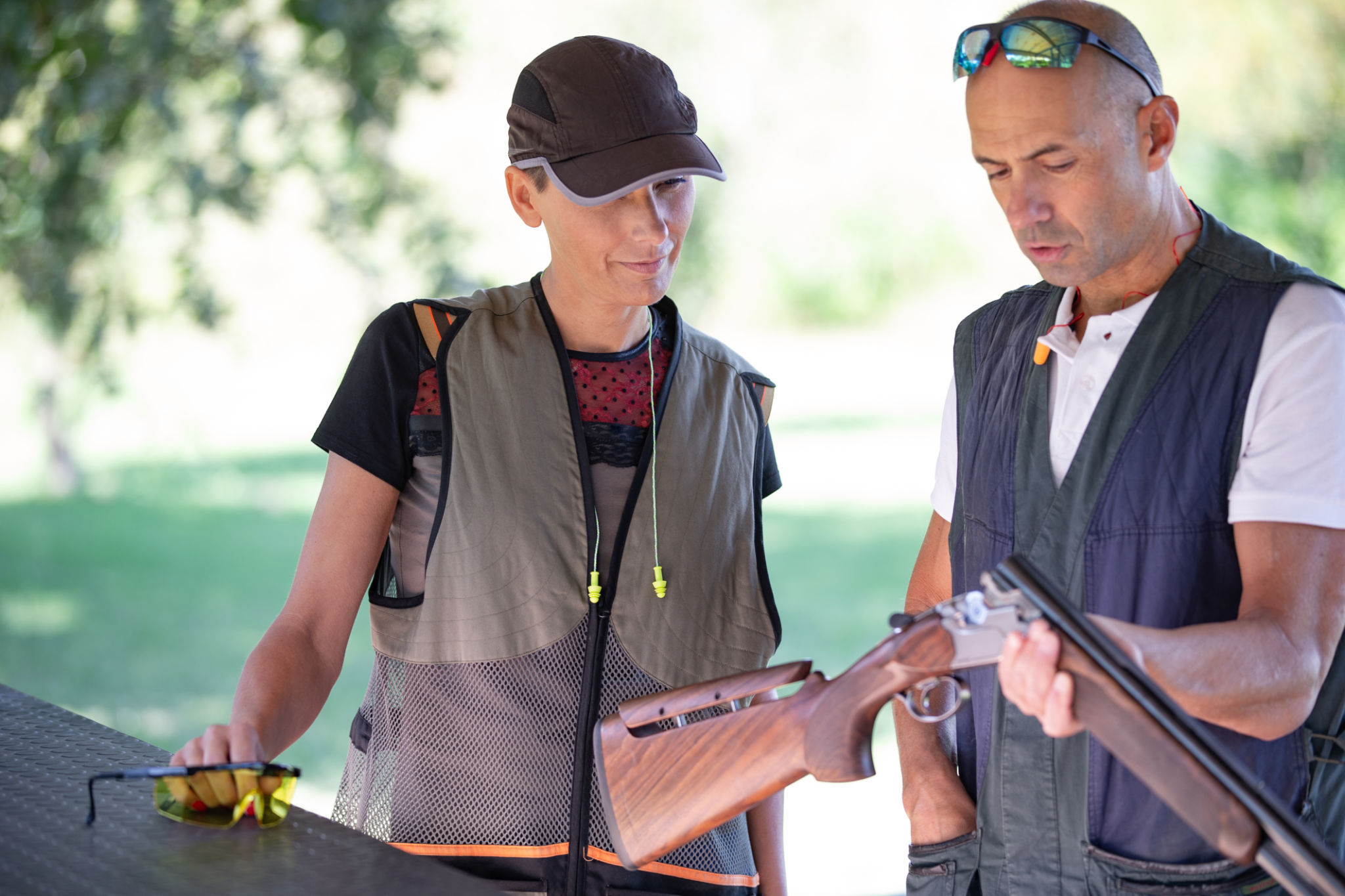Expert Tips: Common Misconceptions About Firearm Training
Understanding Firearm Training
Many people have misconceptions about firearm training, often due to stereotypes or misinformation. It's important to dispel these myths to ensure that individuals who decide to pursue training do so with accurate expectations. In this post, we will explore some of the most common misunderstandings and provide expert insights to help you navigate your training journey effectively.

Myth: Firearm Training is Only for Beginners
One of the most pervasive myths is that firearm training is only necessary for beginners. In reality, even seasoned gun owners can benefit from continued education. Advanced courses are available that cover complex topics such as tactical shooting, self-defense scenarios, and precision marksmanship. Ongoing training helps reinforce fundamentals and introduces new techniques.
Myth: It’s All About Shooting
Another misconception is that firearm training solely focuses on shooting skills. While marksmanship is a critical component, comprehensive training includes learning about safety protocols, firearm maintenance, and legal considerations. Understanding these aspects is crucial for responsible gun ownership.

The Role of Safety in Training
A crucial aspect of firearm training is safety, which cannot be overstated. Many people believe that safety measures are intuitive, but without proper instruction, accidents can occur. Training emphasizes the importance of handling firearms with respect and care, ensuring that each session begins with a review of safety rules.
Myth: Training Makes You an Expert
Some individuals assume that completing a training course instantly makes them experts. Mastery requires practice, and even experienced shooters must continually refine their skills. Training provides the foundation, but it is regular practice that truly hones one's abilities.
The Importance of Choosing the Right Instructor
Choosing the right instructor is vital. A common misconception is that all instructors offer the same level of expertise. It's essential to research and select a certified professional who has a strong reputation and experience in the specific areas you wish to improve.

Legal Considerations and Responsibilities
Legal considerations are often overlooked when people think about firearm training. Understanding local laws regarding gun ownership, carrying permits, and use of force is an integral part of training programs. Ignorance of the law is not a defense, so thorough legal education is necessary for all responsible gun owners.
Myth: One Size Fits All
Another common misconception is that there is a one-size-fits-all approach to firearm training. Each individual has unique needs based on their experience level, intended use of the firearm, and personal learning style. Tailored programs ensure that all participants get the most out of their training experience.
Conclusion
Dispelling these common myths about firearm training can lead to more informed decisions and better-prepared gun owners. Whether you're a beginner or an experienced shooter, ongoing education and practice are key components of responsible gun ownership. By understanding the full scope of what training entails, you can approach it with the right mindset and expectations.
